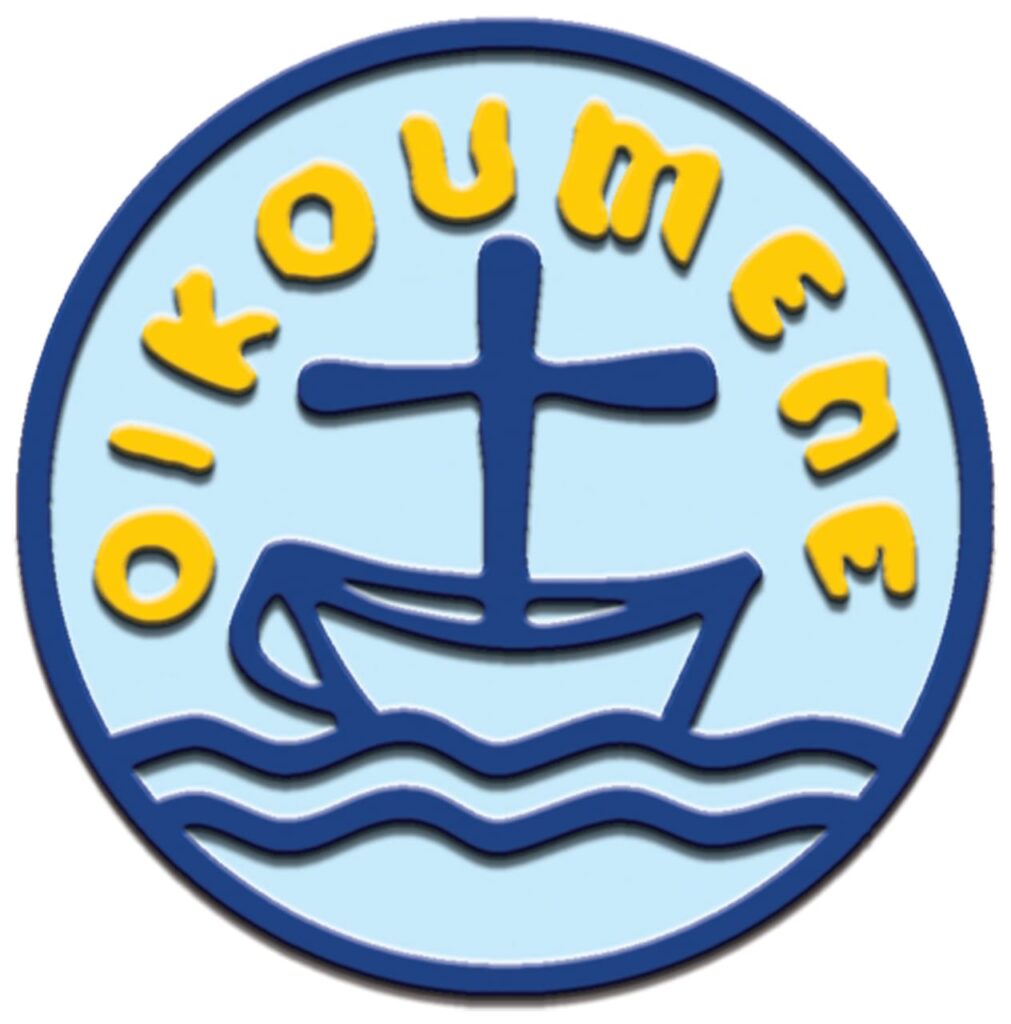Although Christianity is essentially a form of Judaism, over the centuries the Christian Faith has incorporated and inculcated itself into the various cultures of Pagan societies. So Christianity’s spiritual inheritance is a blend of ancient Hebrew faith mixed with some Christianized archaic Pagan practices. And while this fact is often greatly overstated these days by those who wish to discredit and malign Christianity, the reality is that Christian observances (such as the celebration of the resurrection of our Lord Jesus Christ) include some formerly Pagan elements as well. Consequently, things like colored eggs, bunny rabbits, and so on, have been given new and eternal significance by the grace and truth of God revealed in Christ our Savior. For “God has placed all things under Christ’s feet and has made him the head over all things for the church…” (Ephesians 1:22).
Moreover, while the name of the annual celebration of the resurrection of Jesus maintains its Hebrew roots in many non-English languages (Pascha in Greek, Pascua in Spanish, etc.), in English the name of this most holy of all Christian holy days is taken from an Anglo-Saxon spring festival centered on the goddess Eostre, a Germanic goddess of the sunrise whose symbol was a rabbit or hare. So this is only the case in English (Easter) and German (Ostern), not in other languages. In most languages, the paschal connection between the celebrations of Passover and Holy Week is maintained, stemming from the Hebrew root word of Pesach.
Now that all this has been said, how are we Christians to regard symbols like colored Easter eggs?
The egg is an obvious candidate for a resurrection symbol of renewal and regeneration. The egg has been honored during many spring rites throughout the ages: Egyptians, Jews, Persians, Romans, Celts, and even the Chinese, have all understood the egg as representing new beginnings. Whether it was the commencement of building a bridge across a river, sowing a field of wheat, or launching a new fishing boat, the egg was used as an emblem of renewal. So Christians naturally adopted the egg symbol to specifically and preeminently represent the new life received through the cross and empty tomb of Jesus. For, again, “God has placed all things under Christ’s feet and has made him the head over all things for the church…”
The good news is that God enacts, establishes and extends his absolute love for all nations and peoples through the crucifixion, resurrection and ascension of Jesus Christ the Son of God, offering the free gift of forgiveness of sins and eternal life to everyone by God’s grace through faith. Therefore, according to the biblical gospel, Christianity ascribes the ancient Hebrew symbolism of the Passover lamb and the archaic Pagan symbolism of the decorated egg to the crucifixion and resurrection of Jesus the Universal Messiah.
So for us Christians, a colored Easter egg (and its emptied shell after eating it) represents the empty tomb, and it calls us to be empty tombs as well. For the truth is that we can sometimes be overwhelmed by our unrealized expectations, disappointments, losses and grief; we can sometimes be overcome by despair, frustration and an apocalyptic mood. We can become so spiritually and emotionally severe that we become tombs filled with the deadly stench of judgment and condemnation, directed at ourselves and others. However, we must realize that we cannot force the Kingdom of God to be perfectly manifest in others any more than we can force God’s Kingdom to be perfectly manifest in ourselves. So we must love and forgive ourselves and others, just as God loves us and forgives us in Christ.
In other words, by the grace of God, let us become empty tombs in our lives — empty of our desire to control and our attachment to specific outcomes. By God’s grace, we must LET GO and LET GOD! By God’s sovereign grace and will, let us TRUST IN THE LORD and be at peace. God is the Lord of human history (including you and me) and God’s steadfast love endures forever.
“O give thanks to the God of gods, for his steadfast love endures forever.” (Psalm 136:2)
Blessed & Happy Eastertime!!! Pastor Tim

